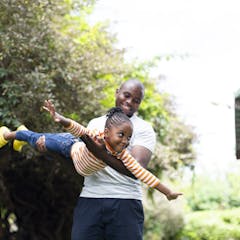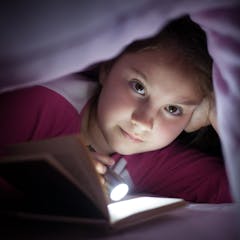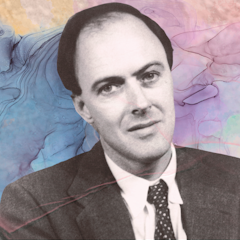
Articles on Children's books
Displaying 1 - 20 of 85 articles

More than 120 new titles for children have been published in Ukraine since the war began in February 2022.

This beautifully realised exhibition reveals the wit, warmth and artistic skill that made Raymond Briggs so beloved by children and adults alike.

Cumberland City Council’s ban of books depicting same-sex parents from its libraries implies such relationships are unnatural or strange. What’s happening?

Children benefit enormously from regular, cognitively stimulating interactions with their caregivers.

A loving look at the artists who made the children’s publisher so popular.

A lecturer in English literature gets her students to examine children’s books through the lens of race, class and sexuality.

Children’s books that feature Asian protagonists are rare. Two scholars decided to offer their own in their attempt to reduce racial prejudice.

Beatrix Potter’s silence concerning her sources means the Brer Rabbit folktales that helped create her stories are passed over without acknowledgement or celebration.

Differences over what counts as indoctrination lie behind a first-of-its-kind lawsuit in Florida. PEN America’s CEO deems book removals ‘a deliberate attempt to suppress diverse voices’.

Book bans in Ron DeSantis’s Florida have censored beloved Australian author Mem Fox – for an illustrated character’s bath. But blanket nudity bans teach children bodies are ‘inherently sexual’.

Women who shaped modern Ghana have been erased from history. A children’s book aims to restore them to their rightful place.

At independence, adults were reading decolonial classics - but children were reading Enid Blyton. A generation of unsung women writers changed that.

Children’s books implicitly shape the minds of young readers - and are covertly censored in many ways. But revising occasional words will usually not shift the values regarded as outdated in the text.

Disability representation in books is an important part of diversity and inclusion.

Edwina Preston tells why her favourite literary heroine is Seven Little Australians’ Judy Woolcot and her ‘bone-true authenticity of self’ – beating fellow tomboys Jo March and Anne Shirley.

How can you get your kids to read this summer? Research has found they respond well to reading non-fiction – so we’ve gathered 6 top non-fiction books, recommended by the kids themselves.

With his delightful drawings for children’s books, the British illustrator has helped to promote and preserve a rich graphic arts heritage in the UK.

Following the life of young Joseph Coppock, Treacle Walker is about making sense of the world around us.

Because bias is learned from a very early age, reading and learning about diverse experiences cannot start too soon. Here are five Australian picture books that centre on queer stories.

The books aim to write women back into history for children to see that women are able to take up powerful positions in society.
